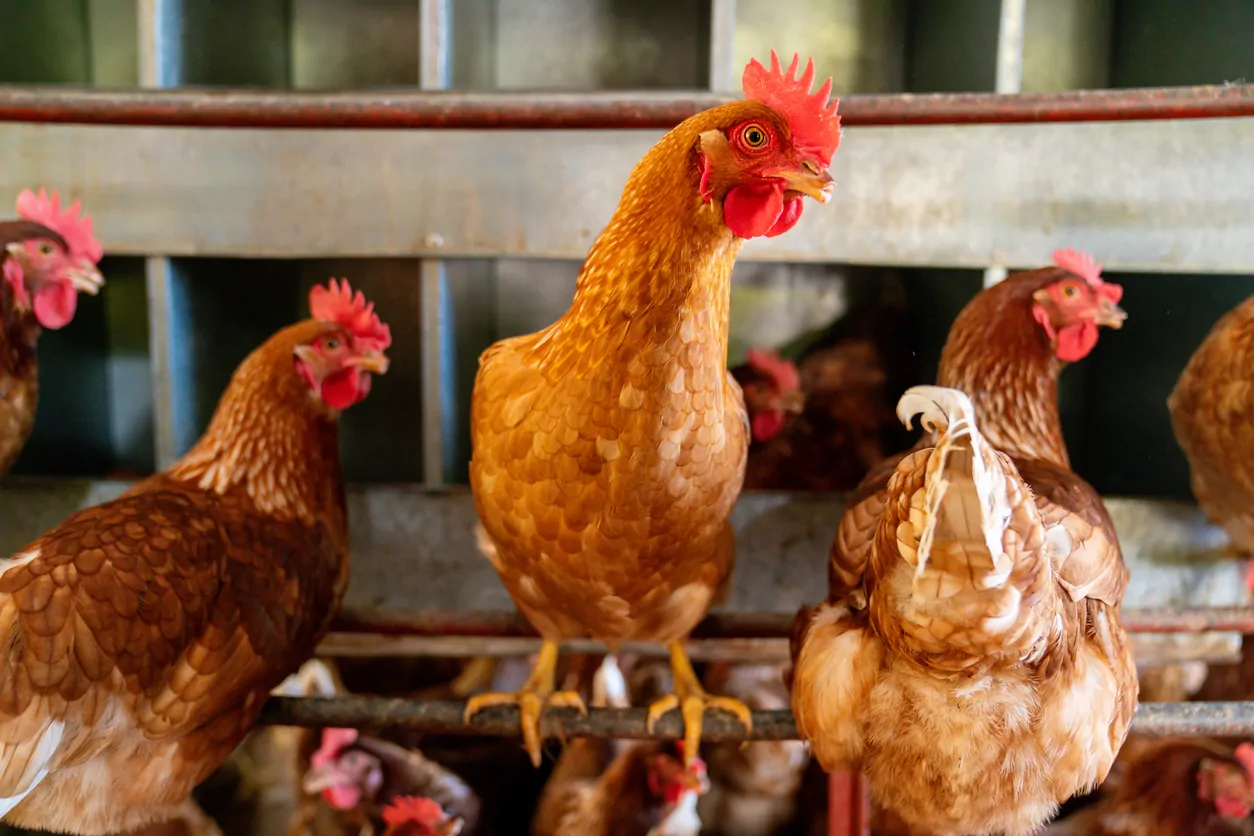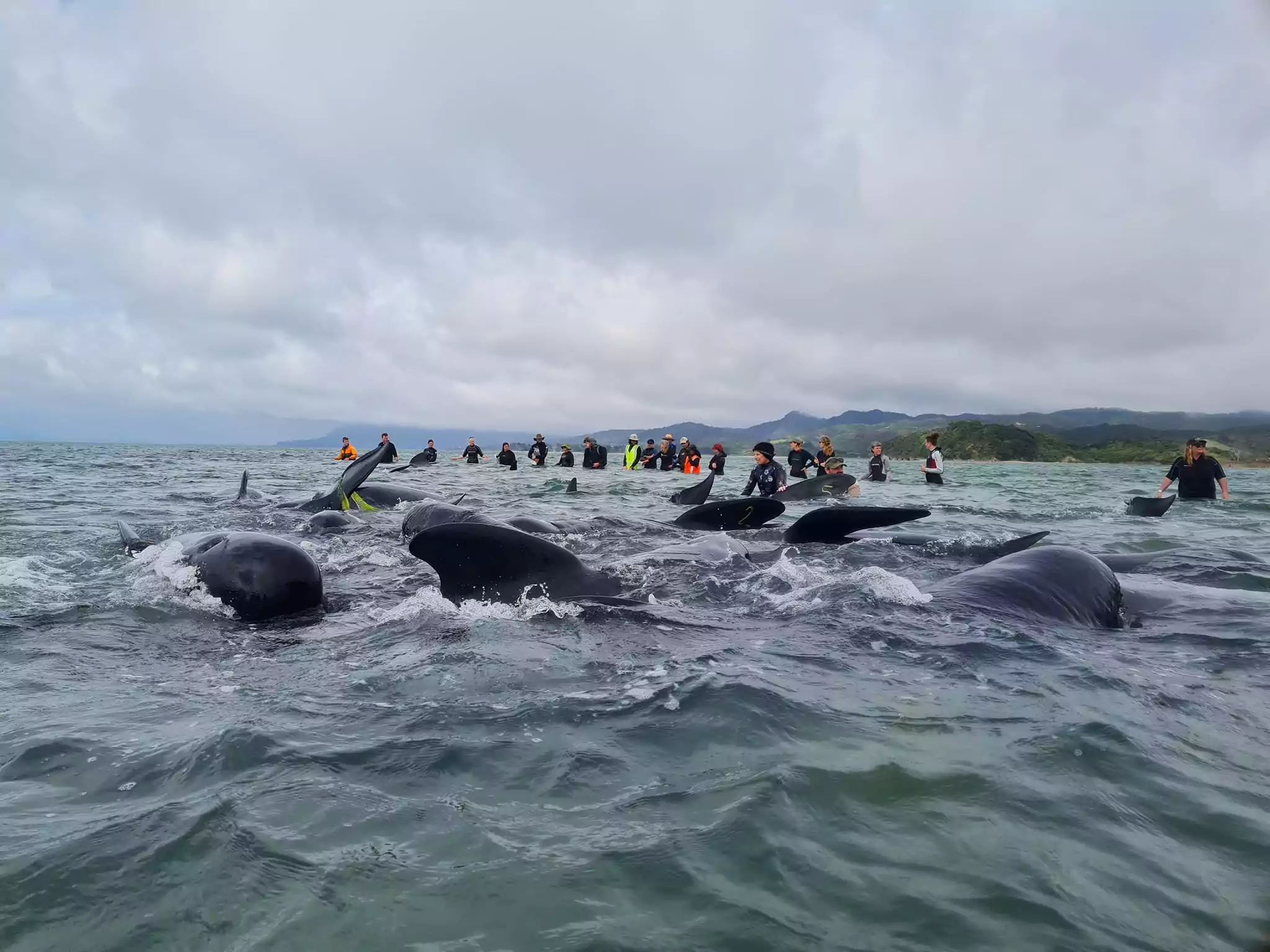Biosecurity New Zealand has implemented strict movement controls at a rural Otago egg farm after tests confirmed a highly pathogenic strain of avian influenza in chickens. The virus, identified as the H7N6 subtype, is believed to have originated from interactions with local waterfowl and wild birds.
Deputy director-general of Biosecurity New Zealand, Stuart Anderson, said the discovery is being taken seriously despite it not being the H5N1 strain that has raised global concerns.
“Tests from the Mainland Poultry managed farm confirmed a high pathogenic H7N6 subtype. Our testing shows it is unrelated to the H7 strain found in Australia earlier this year. We suspect this case resulted from a spillover event, where laying hens foraging outside were exposed to a low pathogenic virus from wild waterfowl,” Anderson said.
He explained that while low pathogenic viruses are common in New Zealand’s wild bird populations, such as ducks, geese, and swans, they can mutate when transmitted to chickens. However, Anderson reassured the public that the H7N6 strain is not adapted to wildlife and is unlikely to spread to mammals.
Authorities have confirmed there is no risk to human health or food safety, and it remains safe to consume thoroughly cooked egg and poultry products. There have been no reports of ill or dead birds at other poultry farms.
Anderson said Biosecurity New Zealand acted quickly in collaboration with Mainland Poultry, issuing a restricted place notice and deploying expert biosecurity staff to the site.
“Mainland Poultry promptly reported ill birds in one shed and locked down the building while testing continued. We are now working with them to depopulate the affected birds and have established a 10-kilometre buffer zone with movement restrictions on animals, equipment, and feed,” Anderson said.
He added that efforts are being taken to eradicate the outbreak in a similar way to the successful containment of infectious bursal viral disease in 2019.
John McKay, chief executive of Mainland Poultry, which manages the free-range farm, said the company is committed to swift action.
“We’ve been preparing for an event like this, knowing that low pathogenic avian influenza is already present in wild birds here. While this is not the H5N1 type that has caused issues globally, international experience shows H7N6 can be eradicated quickly,” McKay said.
He confirmed that the company is working closely with Biosecurity New Zealand to depopulate the affected shed, conduct rigorous testing of other birds, and manage the situation effectively.
Anderson emphasised that Biosecurity New Zealand is working closely with industry partners to manage the situation and minimise trade impacts. The agency is also continuing its investigations and tracing animal movements with assistance from Mainland Poultry.
He encouraged the public to report unusual bird deaths. “If anyone sees three or more sick or dead wild birds in a group, report it immediately to the exotic pest and disease hotline on 0800 80 99 66 so we can investigate,” Anderson said.
With strong biosecurity protocols and industry collaboration in place, authorities are confident the outbreak will be contained efficiently.







